Commercial Metal Roofing
Commercial metal roofing refers to durable, long-lasting roofing systems made from materials like steel, aluminum, copper, or zinc, specifically designed for use on commercial, industrial, and institutional buildings. These roofing systems offer exceptional protection against severe weather, superior energy efficiency, and a long lifespan of 50 years or more, making them a cost-effective and sustainable choice for businesses looking to maximize their building’s performance and reduce long-term maintenance costs.

Discover the Benefits of Commercial Metal Roofing with The JBN Group.
In the world of commercial construction, the choice of roofing material can significantly impact a building’s longevity, energy efficiency, and overall cost-effectiveness. Among the various options available, metal roofing has emerged as a top contender for commercial properties. This comprehensive guide will explore the numerous advantages of commercial metal roofing, its types, installation processes, and why it might be the perfect choice for your next project in Denton, TX, and beyond.
Understanding Commercial Metal Roofing
What is Commercial Metal Roofing?
Commercial metal roofing refers to roofing systems made from various metal materials, designed specifically for commercial, industrial, and institutional buildings. These systems are engineered to provide superior protection against harsh weather conditions while offering exceptional durability and energy efficiency.
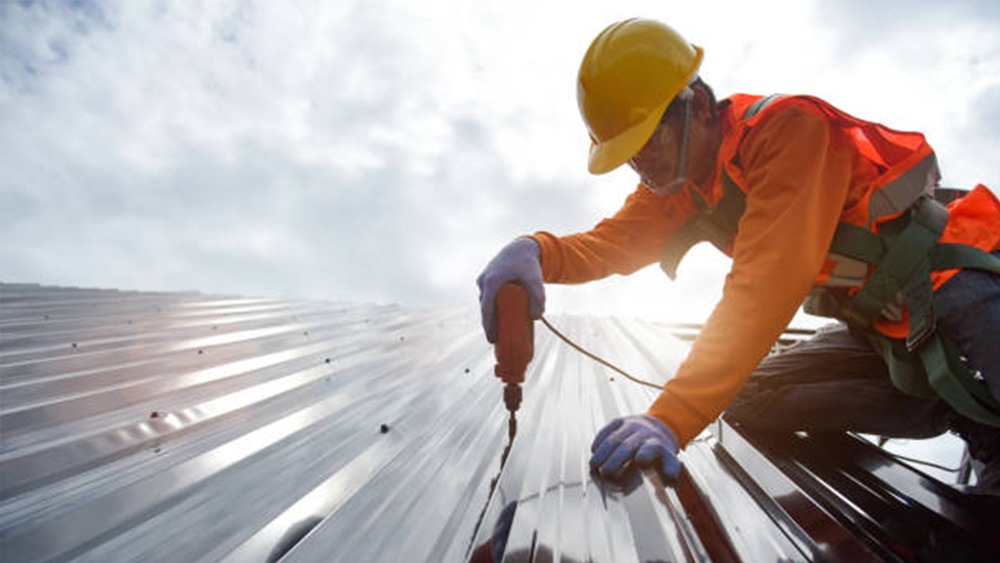
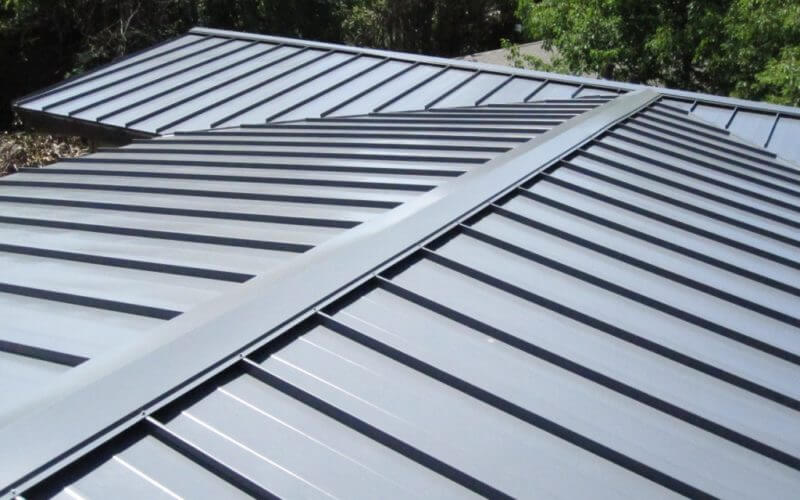
Types of Metal Roofing Materials
- Steel: The most common and cost-effective option, available in galvanized or Galvalume® varieties.
- Aluminum: Lightweight and corrosion-resistant, ideal for coastal areas.
- Copper: Highly durable and aesthetically pleasing, with a distinctive patina over time.
- Zinc: Eco-friendly option with self-healing properties and a long lifespan.
Each material has its unique properties, and the choice depends on factors such as climate, budget, and aesthetic preferences.
Advantages of Commercial Metal Roofing
1. Exceptional Durability
Metal roofs are renowned for their longevity, often lasting 50 years or more with proper maintenance. This durability stems from their resistance to:
- Severe weather conditions (high winds, hail, snow)
- Fire (Class A fire rating)
- Pests and rot
According to a study by the Metal Construction Association, properly installed metal roofs can last up to 60 years.
2. Energy Efficiency
Metal roofs contribute significantly to a building’s energy efficiency:
- Reflective properties reduce heat absorption, lowering cooling costs.
- Can be installed with additional insulation for improved thermal performance.
- Cool roof coatings can further enhance energy savings.
The U.S. Department of Energy reports that cool metal roofs can reduce peak cooling demand by 10-15% .
3. Cost-Effectiveness and ROI
While the initial cost of metal roofing may be higher than traditional materials, the long-term benefits often result in a better return on investment:
- Reduced maintenance and replacement costs
- Lower insurance premiums due to durability and fire resistance
- Potential energy savings of up to 40%
4. Sustainability
Metal roofing aligns with green building practices:
- Made from recycled materials (up to 95% for steel)
- 100% recyclable at the end of its life cycle
- Reduces landfill waste compared to traditional roofing materials
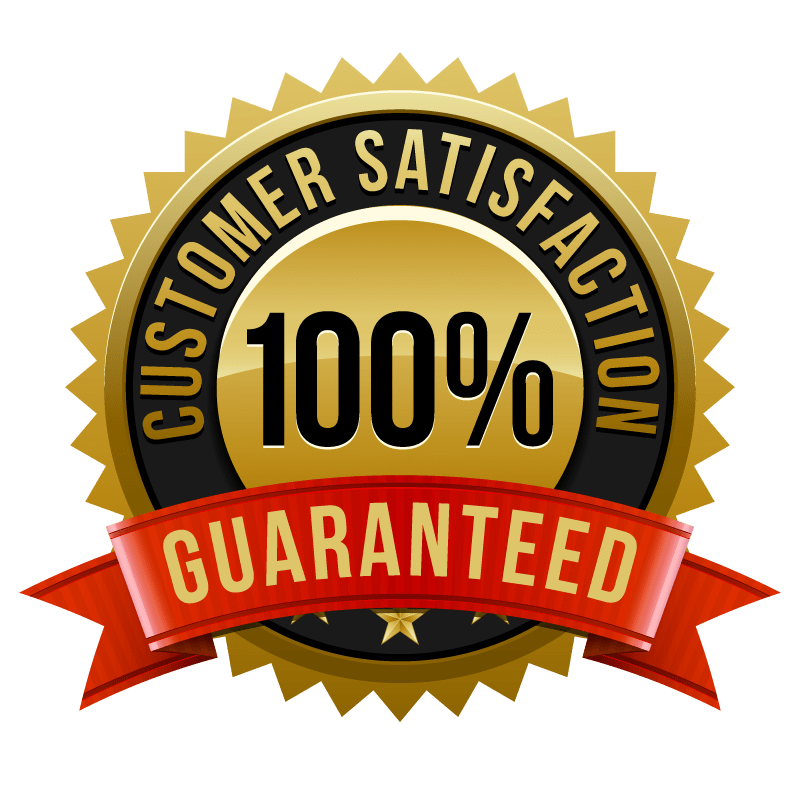
5. Versatility in Design
Modern metal roofing offers a wide range of design options:
- Various colors and finishes
- Multiple profile options (standing seam, corrugated, tile-like)
- Can mimic the appearance of other materials
Commercial Metal Roofing Systems
1. Standing Seam Metal Roofing
- Characterized by raised seams that interlock
- Excellent water-shedding capabilities
- Ideal for low-slope and steep-slope applications
2. Corrugated Metal Roofing
- Features a wavy or rippled pattern
- Cost-effective option
- Suitable for industrial and agricultural buildings
3. Metal Tile Roofing
- Mimics the appearance of clay or concrete tiles
- Lightweight alternative to traditional tile roofing
- Combines aesthetics with durability
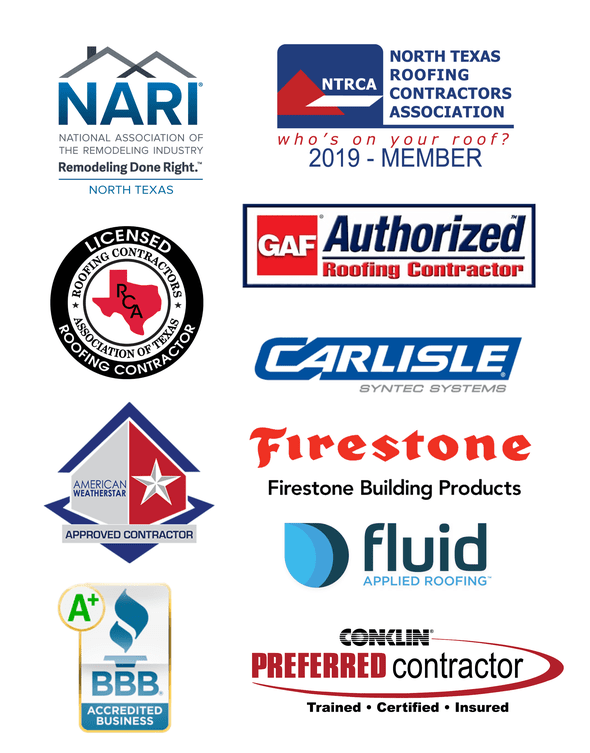
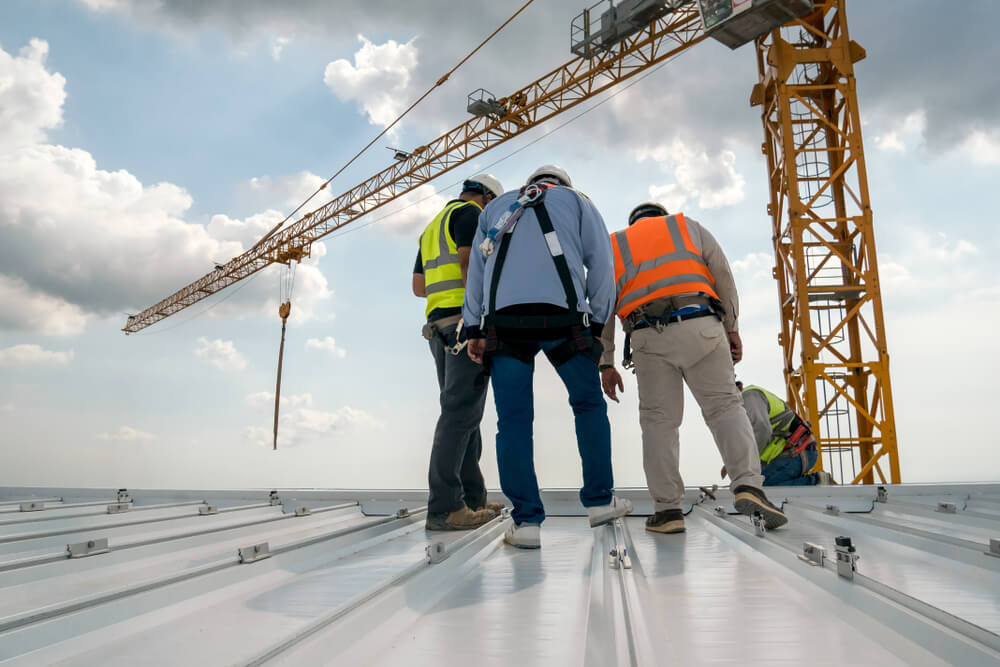
Installation Process and Considerations
Proper installation is crucial for the performance and longevity of a commercial metal roof. Key steps include:
- Substrate preparation and inspection
- Installation of underlayment and insulation
- Panel installation and seaming
- Flashing and trim application
- Final inspection and quality assurance
It’s essential to work with experienced professionals like The JBN Group in Denton, TX, who understand the intricacies of commercial metal roofing installation.
Maintenance and Care
While metal roofs are low-maintenance, regular care can extend their lifespan:
- Annual inspections to check for any damage or loose fasteners
- Clearing debris from the roof surface and gutters
- Addressing any issues promptly to prevent more significant problems
Choosing the Right Metal Roofing for Your Commercial Property
Consider the following factors when selecting a metal roofing system:
- Local climate and weather patterns
- Building codes and regulations
- Aesthetic preferences and architectural style
- Budget and long-term cost considerations
- Energy efficiency goals
Consulting with roofing experts like The JBN Group can help you make an informed decision tailored to your specific needs.
Conclusion: The Future of Commercial Roofing
As businesses and property owners increasingly prioritize sustainability, energy efficiency, and long-term value, commercial metal roofing stands out as a superior choice. Its combination of durability, performance, and aesthetic versatility makes it an excellent investment for a wide range of commercial properties.
By choosing a metal roofing system from The JBN Group in Denton, TX, you’re not just installing a roof – you’re making a strategic decision that will benefit your property for decades to come. With expert installation and ongoing support, you can enjoy the peace of mind that comes with knowing your commercial building is protected by one of the most advanced roofing solutions available today.
